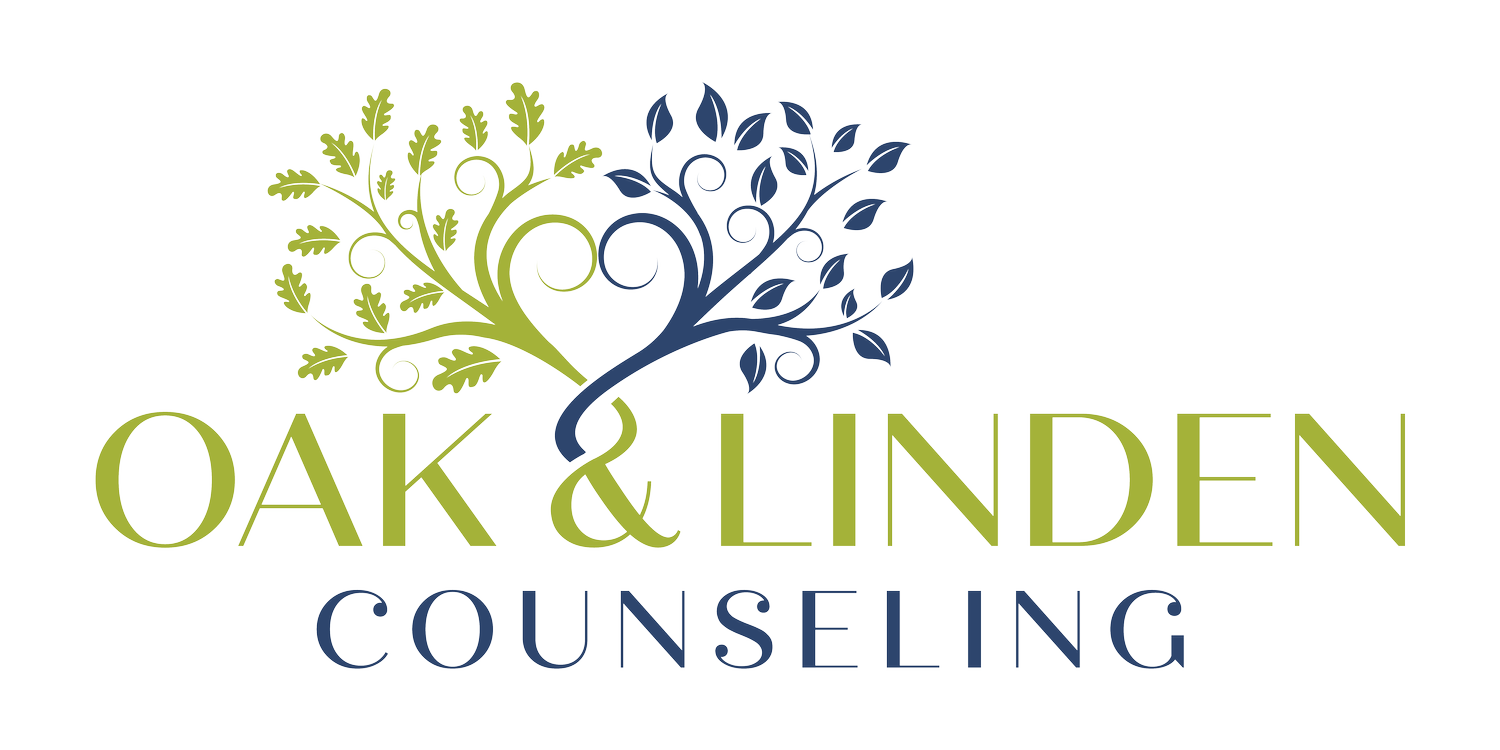Relationship Issues
Codependency and Relationship Anxiety
Codependency is about how you are relating to yourself and others. I think author and therapist, Nancy Johnston, describes it best as “over-functioning in someone else’s life and under-functioning in your own. It means you are centering your life around someone else’s and not taking care of your own life.”
If you are:
Self-sacrificing by suppressing your own needs and wants
Compulsively helping others leading you to feeling tired, frustrated, and burned out
Lacking personal boundaries
Unsure what focusing on your needs would even look like
Afraid to let go, fearing others will not be able to manage without you
Suffering from low self-esteem and lack of identity without your “care-taking” role
Believing your value as a human being is dependent on how well you help others
Basing your feelings about yourself on what others think of you and/or how they react to you
Fearing abandonment and/or rejection
Struggling with anxiety specifically surrounding your relationships
Becoming attached VERY quickly to someone you just started dating disclosing deeply personal information too soon
People-pleasing (see below)
…then you may be struggling with codependency and/or relationship anxiety.
Perfectionism and People-Pleasing
When used flexibly, these behaviors can actually be helpful in life. We need to be able to recognize the needs of others and offer care and support. When we become rigid, using extremes of these behaviors, they become problematic and draining.
Symptoms of Perfectionism and People-Pleasing:
Maintaining rigid rules- “I have to do this…”, “If I don’t, I’ll disappoint…”
Putting other people’s needs before your own consciously or unconsciously thinking they are more important
Experiencing harsh self-criticism
Avoiding behavior change to manage fear, anxiety, guilt, and worry about disappointing others. “Someone will be upset with me if I don’t continue to do this.” , “This is what a good (friend, parent, child, etc.) does.”
Maintaining unachievable standards or expectations of yourself
Disconnection from your values
Avoiding conflict or confrontation
Experiencing low self-esteem and self-worth
Feeling chronically exhausted
“If you avoid conflict to keep the peace, you start a war inside yourself.”
How I Can Help
Recovery is about developing a healthy self. Imagine having a loving, caring relationship with yourself which, in turn, makes your relationships with loved ones even better! You can feel content and fulfilled in your relationships AND take care of yourself. I can help you achieve this by:
Raising awareness and insight into the root cause of these behaviors
Learning how to manage difficult thoughts and feelings including: negative self-talk, fear, anxiety, unworthiness, and guilt
Identifying unhealthy behavior patterns
Developing healthy skill sets including strengthening communication
Learning how to connect to your internal world and what it’s telling you to better understand yourself and express your needs.
Building assertiveness
Learning how to set healthy boundaries
Examining your expectations of a partner.
Developing a better balance between caring for yourself and caring for others
Increasing self-esteem and self-worth
Living a more value-aligned life
I know this may feel overwhelming and scary. Changing long-standing behavior patterns is not easy, but I promise you, it will be worth it!
“A healthy relationship will inspire you to be more of who you are, not require you to give up who you are.”
— Unknown
Heal Yourself and Your Relationships
If you’re ready to get started click the button below and fill out the online form. For more information about what therapy will look like click here.



